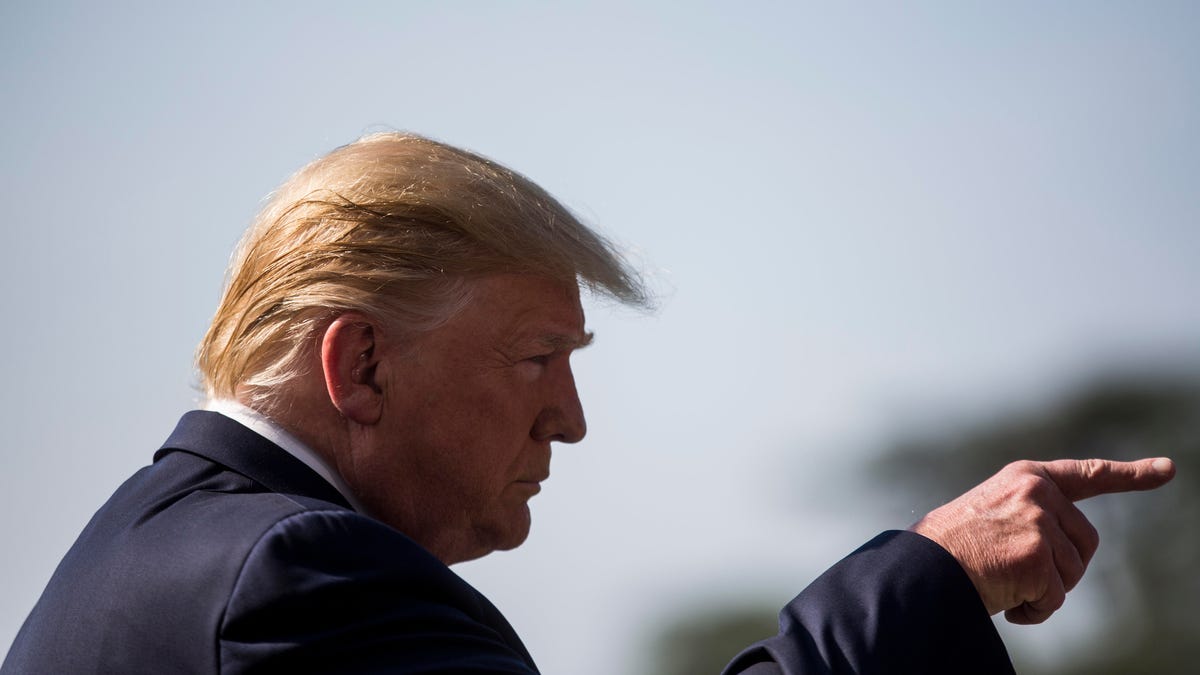Trump's emissions and fuel economy rollbacks will cost Americans money, study says
Consumer Reports is poking holes in the "Safer Affordable Fuel Efficient Vehicles" proposal.
We know that the federal government has been trying to freeze emissions and fuel economy standards at 2020 levels; that it wants to take away California's ability to set its own emissions standards; and that it claims to be doing so to make consumers safer and save them money.
But what if the government's reasoning for freezing these standards is a bunch of malarkey? That's pretty much what a new study released on Wednesday by Consumer Reports is saying. It posits that not only will the freeze cost Americans billions of dollars in increased fuel costs, it will also hurt the auto industry by killing off millions of sales between 2021 and 2035.
This move is naturally being opposed by not only the state of California and a bunch of other states that have adopted California's emissions standards, but also by several major automakers, including Volkswagen and Ford , that have allied with the Golden State. So, this has to make you wonder, who exactly is this rollback of standards for?
That's not entirely clear, but we can look at who would benefit from the change. The government has acknowledged that its rollback would increase US oil consumption by as much as half a million barrels a day, so in that way, the oil companies would profit.
Automakers with little to offer in terms of technology or fuel-efficient, small vehicles would likely benefit from reduced engineering costs too, provided that the Trump administration can actually strip California of EPA waiver. If it's not, it will likely increase costs because manufacturers will have to develop vehicles for two sets of standards, which wouldn't be cheap.
Consumer Reports goes on to estimate that the other part of the Trump administration's claim -- that it would be making consumers safer -- is likely to be untrue as well. The government's claim is predicated on the idea that by making cars cheaper by reducing development costs, it would encourage people to buy newer vehicles with more modern safety features.
That whole line of thinking seems to be filled with what-ifs, and if you consider the environmental impact that having many thousands of less efficient, more polluting vehicles on the road will have and the knock-on effect that it'll have on human health, again, it comes off as being false.
Currently, the "Safer Affordable Fuel Efficient Vehicles" proposal is nothing more than that -- a proposal, but with the EPA and the Department of Transportation backing it, it stands a reasonable chance of being made official.


